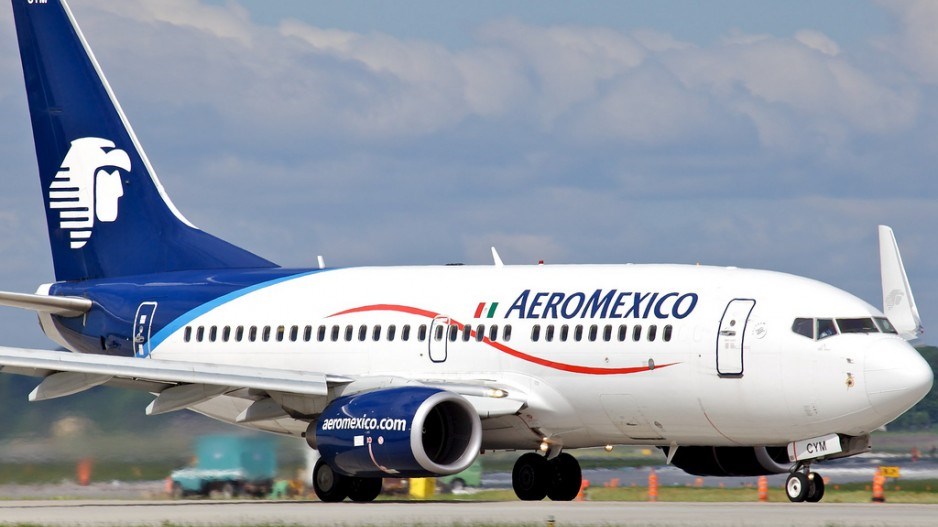Marketing campaigns from Destination British Columbia might be behind the phenomenon where there are more Mexicans visiting B.C. than there were before the pandemic – a situation that has been the case for much of this year.
The tourism marketer ran campaigns earlier this year, but then it also was active encouraging Mexicans to visit B.C. in 2019.
Regardless, Mexico stands out as the only country where this was the case in September, which is the most recent month for which Statistics Canada data is available.
A tweak to how Statistics Canada collects data and larger planes flying on routes between Vancouver and various parts of Mexico might also be partly responsible.
Unlike pre-pandemic Statistics Canada counts same-day visits in its data for non-U.S. countries. The vast majority of Mexican visitors, however, likely stayed at least one night in B.C. in both 2023 and 2019, but it is possible that some Mexican citizens living in Washington state could have made day trips to B.C., and that this skews the data, when compared with 2019.
Regardless, there were 15,840 Mexicans who arrived in Canada through B.C. ports in September. That is up 30.7 per cent from September 2022, and up 17.4 per cent from September 2019, according to Destination BC's breakdown of Statistics Canada data.
In total, 491,447 international visitors entered Canada through B.C. in September, down 25 per cent from September 2019. This does not include same-day visits by Americans.
Mainland China is the biggest laggard proportionally when it comes to its nationals visiting Canada through B.C. entry ports. Only 13,988 mainland Chinese visitors came to B.C. in September, down 66.3 per cent from September 2019, although up 202.1 per cent from September 2022. Far fewer non-stop flights are operating between B.C. and mainland China than was the case in 2019.
Other Asian countries where there were significantly fewer visitors in September, compared with September 2019, include:
• Japan (down 47.7 per cent);
• Taiwan (down 45.2 per cent); and
• Hong Kong (down 44.7 per cent).
The Vancouver Airport Authority earlier this year told BIV that there were marginally fewer non-stop flights between Vancouver International Airport and Mexico but that there were more seats on those planes – 74,021 seats on 429 non-stop flights in May compared with 69,578 seats on 434 flights in May 2019.
It is likely that this trend has continued because airlines are continuing to fly larger planes.
Abbotsford International Airport general manager Parm Sidhu told BIV earlier this year that demand for travel to Mexico is stronger than it was in 2019, although he was not able to provide comparable passenger data to back that up.
There has been no change to visa requirements for Mexicans entering Canada in many years.
Canada on Dec. 1, 2016, changed visa restrictions to allow Mexicans to enter the country with an electronic travel authorization that could be obtained online. Previously, they needed to go through a more cumbersome visa process.
That change prompted a jump in Mexican visits and non-stop flights in 2016 and 2017.
Aeromexico (BMV:AEROMEX), for example, launched daily non-stop flights between Vancouver and Mexico City in December 2015, in advance of the visa changes. It then increased its flight frequency to twice daily while also using bigger planes.
Aeromexico earlier this year was flying three times per day between Vancouver and Mexico City, up from two flights per day in May 2019, according to the VAA. Interjet and China Southern Airlines flew between Vancouver and Mexico City in 2019 and no longer fly that route.



